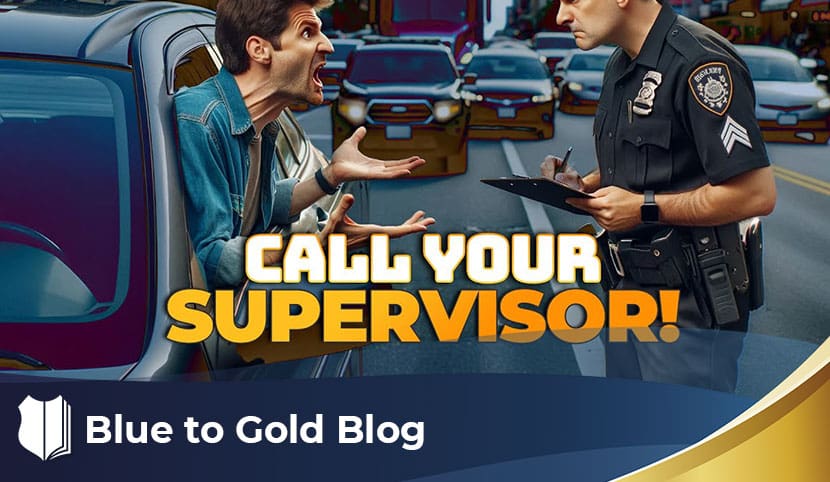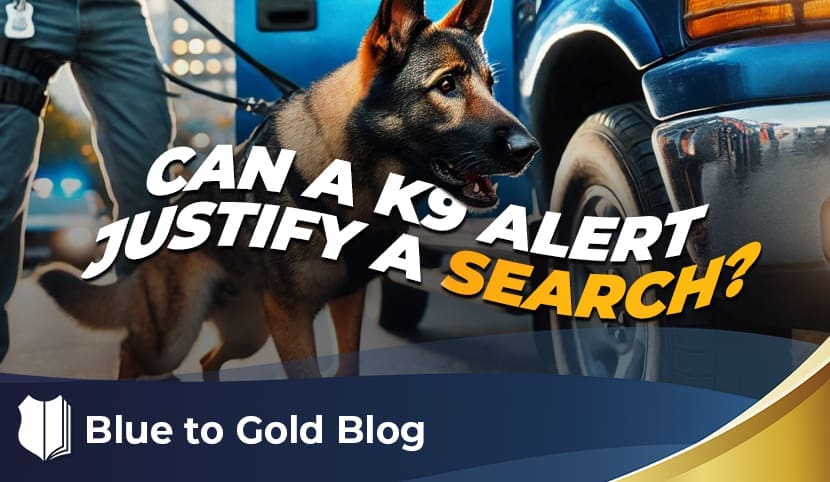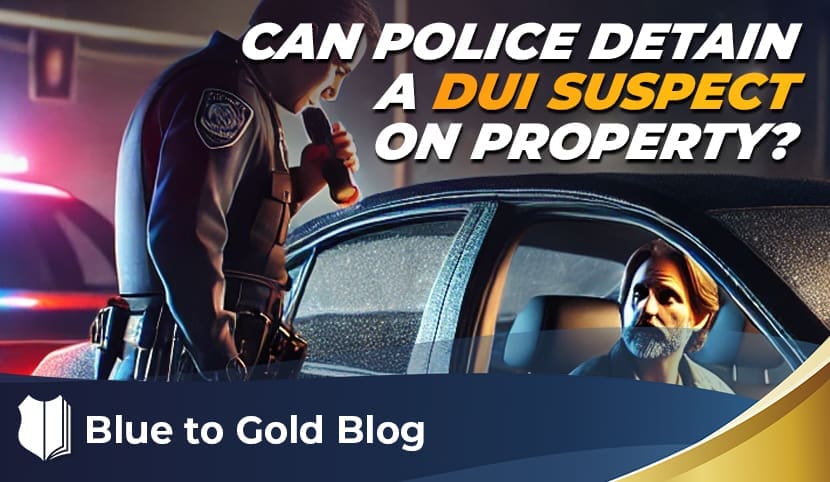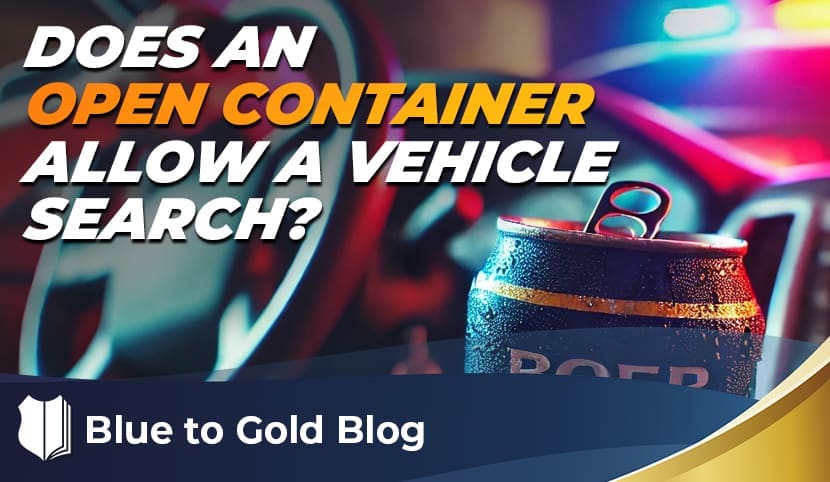Here is the question. If someone on a traffic stop says, “I want to see your supervisor, bring them to the scene. I’m not going anywhere until I talk to your supervisor,” do you have to call your supervisor, or can you just handle the situation and tell them to go down to the police station, for example?
Now, the officer asking the question says, “Look, we see a lot of TikTok videos with non-compliant people. These sovereign citizens are like, ‘I want a supervisor,’ or others say, ‘Bring me your sergeant! I’m not signing anything until I talk to your sergeant,’ and so on. The cop’s stance is that a traffic stop is not the place to litigate. It’s the place to receive your citation, and you go to court from there.”
I’m a constitutionalist, too—just not a sovereign citizen. I love the Constitution and believe that everyone, police and citizens alike, should know it inside and out. Take California, for instance—if their legislature actually read and understood the Second Amendment (though I’m not sure they’re smart enough to), maybe they’d stop violating it. It’s things like that that make me passionate about constitutional rights.
Now, I don’t give constitutionalists a hard time, but sometimes they’ll give cops a hard time. They’ll say things like, “You didn’t have a reason to stop me. This is an unjust stop. You had no reason to get me out of the car,” and so on. I really do think officers should have the backing of their departments to use discretion when deciding whether to call a supervisor to the scene. If someone says, “I wasn’t speeding, I want a supervisor,” I’m sorry, but if I were the boss, I wouldn’t be calling the supervisor to come all the way to the scene just because someone disagrees about the cause of the stop.
However, if the driver is saying something serious—like, “You fractured my wrist when you put me in handcuffs,” or “You groped me” (if it’s a female occupant), or there’s an excessive force claim—those are different situations. We definitely want to document that and get another officer there to act as a witness. Ideally, you’d also want cameras rolling for potential future litigation.
But if all they want to do is turn the traffic stop into a court session on the side of the road; No! I’ve had people tell me, “I don’t want your sergeant; I want your chief!” And I’ll say, “I don’t have a chief.” They’ll respond, “You don’t have a chief?!” “No, I don’t. My boss is my colonel. And, I’m not trying to be snide, but the point is, we’re not calling the colonel to a traffic stop to litigate a speeding ticket.”
I’m not sure if this is exactly what my officer is looking for, but I think it’s part of the broader conversation. If you’re looking for something more elaborate, I guess my point is that there is no legal obligation to have a senior officer come to the traffic stop and referee all the issues. However, good policy, discretion, and community relations would suggest that officers should definitely call a supervisor if there’s a legitimate complaint—something external to the actual stop itself.
If there’s an excessive force claim, sexual harassment, or racial profiling, those are serious issues we want to address right away. If we don’t handle those properly, we risk being accused of ignoring serious complaints of misconduct. These are the kinds of things that should be resolved as soon as possible. If there’s any truth to them, we should open an internal affairs investigation.
I hope this has helped you. I really enjoy discussing the issues you’re facing every day!
Until next time, my friends—stay safe!





